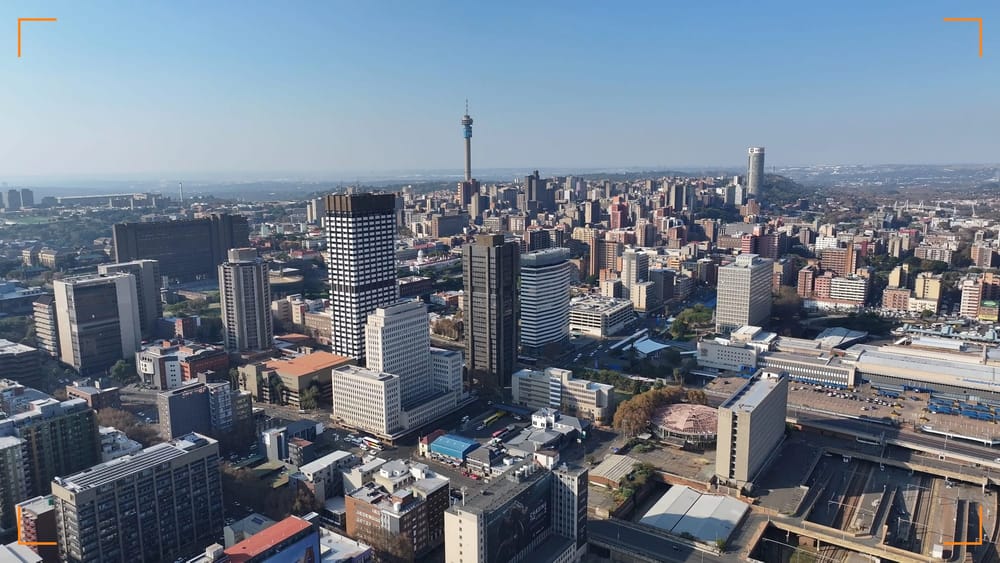Americas - South America RegionalPULSE: 16 SEP 2025
Geopolitical & Security Analysis Regional Report

Report Details
Initial Publish Date
Last Updated: 16 SEP 2025
Report Focus Location: Americas - South America
Authors: DA
Contributors: GSAT
GSAT Lead: MF
RileySENTINEL provides timely intelligence and in-depth analysis for complex environments. Our global team blends international reach with local expertise, offering unique insights to navigate challenging operations. For custom insights or urgent consultations, contact us here.
Report Summary
This study presents a thorough examination of the current geopolitical and security environment throughout the Americas, with an emphasis on high-profile developments in South America.
- Argentina: President Javier Milei’s defeat in Buenos Aires signals waning political capital ahead of October’s legislative elections. His IMF-aligned 2026 budget projects fiscal surplus and lower inflation, but social discontent and opposition momentum pose risks to reform continuity.
- Brazil: Petrobras rebounded with $4.73 billion in quarterly profit, driven by higher oil output, and approved $1.6 billion in dividends. Plans for Amazon Delta exploration face environmental backlash ahead of COP30, testing Lula’s balancing act between growth and climate commitments.
- Ecuador: President Noboa declared a state of exception after violent protests against fuel subsidy cuts. Meanwhile, security risks deepen as Comandos de la Frontera expand into Ecuador’s Amazon, colliding with Los Choneros. Coordinated operations with Peru and Colombia signal regional recognition of cross-border threats.
- Bolivia: Elections head to a runoff, ending MAS dominance but exposing institutional fragility with record null votes. Controversy over gold reserve sales highlights economic stress and raises concerns about fiscal sustainability for the next administration.
- Paraguay: Brazil and Paraguay advanced Itaipú’s floating solar project, a landmark in renewable integration that could shape future regional energy diversification and enhance binational cooperation.
- Guyana: President Irfaan Ali’s reelection consolidates policy stability around surging oil revenues. His pledge to expand exploration under stricter terms reflects both opportunity for diversification and potential tension with investors.
- Colombia: Security deteriorated sharply after dual FARC dissident attacks killed 19. The government hardened its stance, designating dissidents and the Clan del Golfo as terrorist groups, but fragmented armed dynamics heighten risks of retaliation and instability.
- Peru: Rising insecurity in El Cenepa from Los Choneros’ entrenchment and illicit mining highlights weak border control. Despite new bilateral commitments with Ecuador, community vulnerability and corruption risks undermine enforcement capacity.
- Chile: A 7.5-magnitude earthquake near Magallanes and the Antarctic triggered temporary tsunami alerts but caused no major damage. Effective crisis response demonstrated institutional preparedness amid seismic vulnerability.
- Venezuela: U.S. strikes on alleged cartel vessels and heightened military presence in the Caribbean escalate tensions, with Caracas denouncing regime change intentions. Risk of further incidents at sea remains high.
Remaining content is for members only.
Please become a free member to unlock this article and more content.
Subscribe Now





